Residential quality LVP floors are not good for wheelchair bound ppl.
Disaster Geneva
9 months ago
Featured Answer
Sort by:Oldest
Comments (13)
elcieg
9 months agolast modified: 9 months agoDisaster Geneva
9 months agoRelated Discussions
What's wrong with vinyl flooring in the kitchen?
Comments (47)I thought I might add to the discussion a photo of the floors we put in our kitchen, entry, bathrooms. I tried to capture a reflection to show the texture. This little bathroom has only been used as storage for our remodeling materials. Sweet husband is installing a toilet today . Please note that this floor is filthy; I've not cleans it since it was installed 3 months ago. I promise to clean the floors today now that it'll actually be used as a bath and not a closet :-) It's mannington luxury sheet vinyl in woods towne natural, a maple look....See MoreAnyone familiar with Calypso Laminate?
Comments (115)I am about to install Atroguard Southern Trail in my entire downstairs. I had a water leak which damaged all of my engineered hardwoods, which I hated. I've looked at other engineered hardwood, Coretec, luxury vinyl, and now the water-resistant laminate. The water-resistant laminate looks and feels so much more like real hardwood. I brought a piece of hardwood home and actually liked the look and feel of the laminate much better than the vinyl, Coretec, or engineered hardwood. It is 7.7" wide and about as thick as real hardwood. I certainly hope I don't have any of the problems described above....See Morecontractor bid question
Comments (32)I'm not saying I'll kick him off the job at all. but if he doesn't act in a reasonable manner when I tell him that he can't charge me for airspace and provide a good reason why he needs more money, I have options. honestly I don't know anyone who is patient enough to wait 9-12 months past promised end date ... I'm very understanding and reasonable. but I think I've had enough BS and if he can't put the finishing touches on the house, which has been in this finishing phase for 9 months, I have got to get somebody else who can....See MoreBathroom flooring choices for elderly
Comments (29)Another suggestion for when the time comes. If anyone falls but is uninjured have your local fire station or fire department non-emergency telephone number so you can call for what is called "Lift Assist". Fire department will send someone to help get them on their feet without sending police and full fire equipment with sirens blasting. They will always ask if the person hit their head. If you think they need to go and they are refusing simply state they may have hit their head. They will take the person to the emergency room immediately. However if they are bleeding or appear to have broken something call the 911 number. Some areas have a fee service where for a monthly or yearly charge if a person needs to go to the hospital the charges are covered. Most insurance may cover one trip if medically necessary but no more than that. Last time my husband needed transport I called a medical transport company rather than the ambulance. $150 vs. $780 and that was three years ago....See Moreelcieg
9 months agolast modified: 9 months agoDisaster Geneva
9 months agoDisaster Geneva
9 months agoDeWayne
9 months agolast modified: 9 months agoelcieg
9 months agolast modified: 9 months agoDisaster Geneva
9 months agoDisaster Geneva
9 months agoHU-574454193
9 months agolast modified: 9 months agoelcieg
9 months agoCA Kate z9
9 months ago
Related Stories
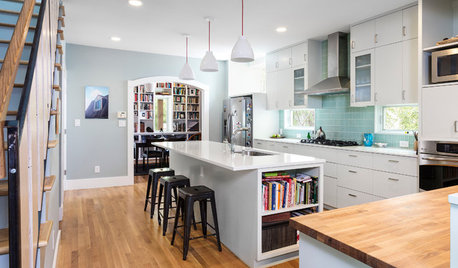
MOST POPULAR6 Kitchen Flooring Materials to Boost Your Cooking Comfort
Give your joints a break while you're standing at the stove, with these resilient and beautiful materials for kitchen floors
Full Story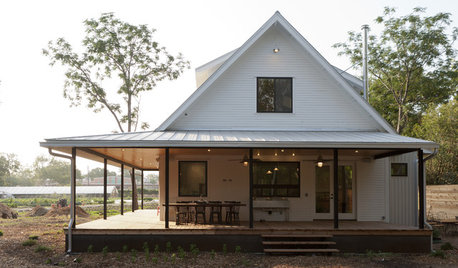
ARCHITECTUREWhat the Heck Is 'Good' Design Anyway?
We yearn for it and strive for it, but good home design isn't always easy to grasp. These 8 prescriptions from an architect can help
Full Story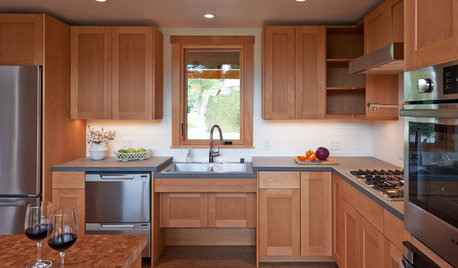
UNIVERSAL DESIGNKitchen of the Week: Good Looking and Accessible to All
Universal design features and sustainable products create a beautiful, user-friendly kitchen that works for a homeowner on wheels
Full Story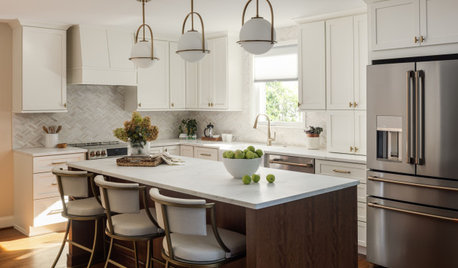
MOST POPULAR5 Remodels That Make Good Resale Value Sense — and 5 That Don’t
Find out which projects offer the best return on your investment dollars
Full Story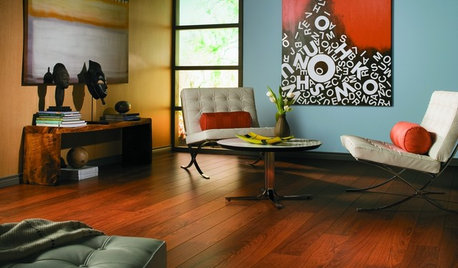
REMODELING GUIDESLaminate Floors: Get the Look of Wood (and More) for Less
See what goes into laminate flooring and why you just might want to choose it
Full Story
REMODELING GUIDES11 Reasons to Love Wall-to-Wall Carpeting Again
Is it time to kick the hard stuff? Your feet, wallet and downstairs neighbors may be nodding
Full Story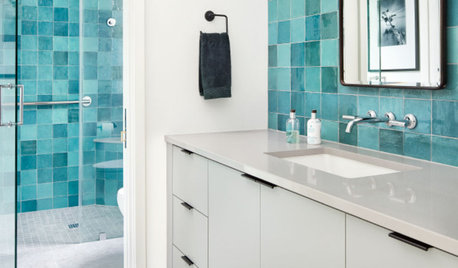
TILEPorcelain vs. Ceramic Tile: A Five-Scenario Showdown
Explore where and why one of these popular tile choices makes more sense than the other
Full Story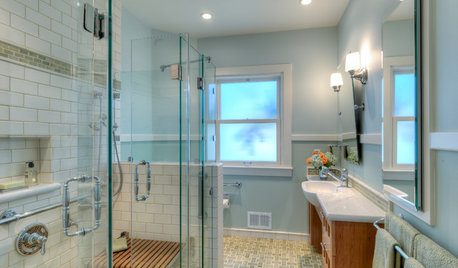
UNIVERSAL DESIGNBungalow Bathroom Gains New Accessibility
Better design and functionality make life easier for a homeowner in a wheelchair
Full Story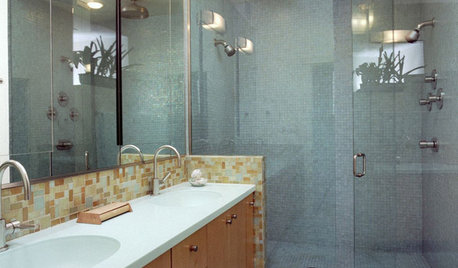
BATHROOM DESIGNThe No-Threshold Shower: Accessibility With Style
Go curbless between main bath and shower for an elegant addition to any home
Full Story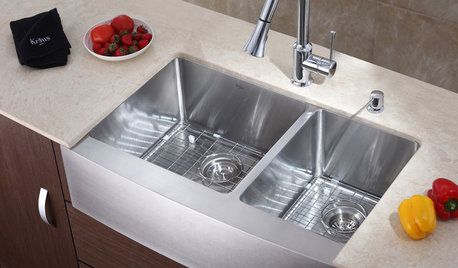
MOST POPULAR8 Little Remodeling Touches That Make a Big Difference
Make your life easier while making your home nicer, with these design details you'll really appreciate
Full Story





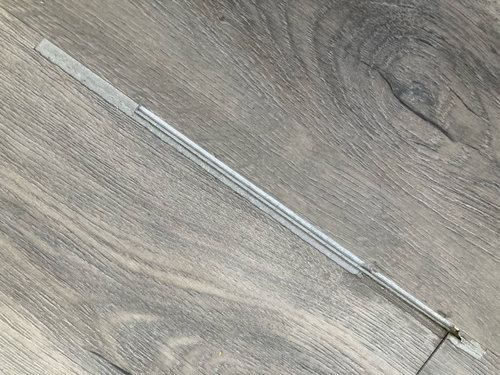

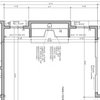


Disaster GenevaOriginal Author